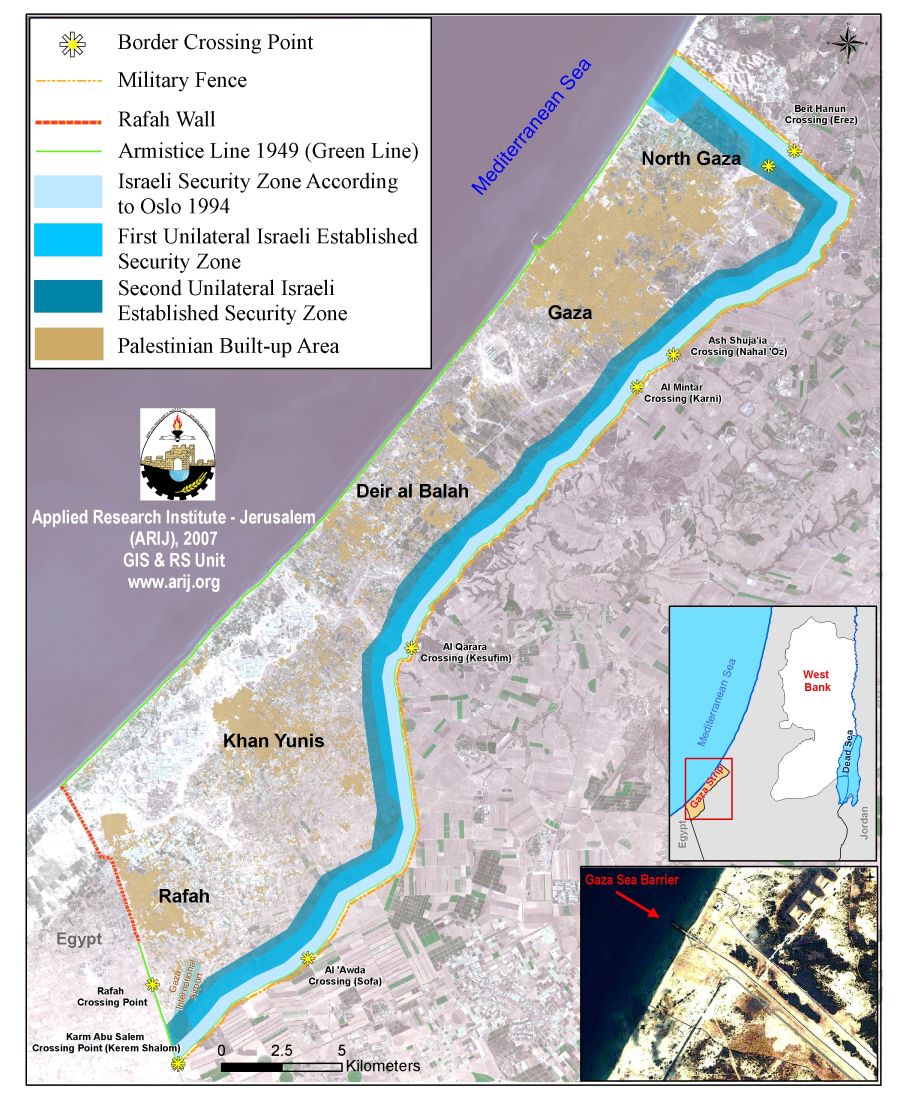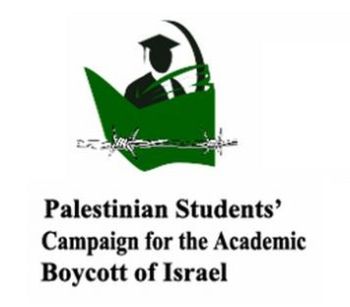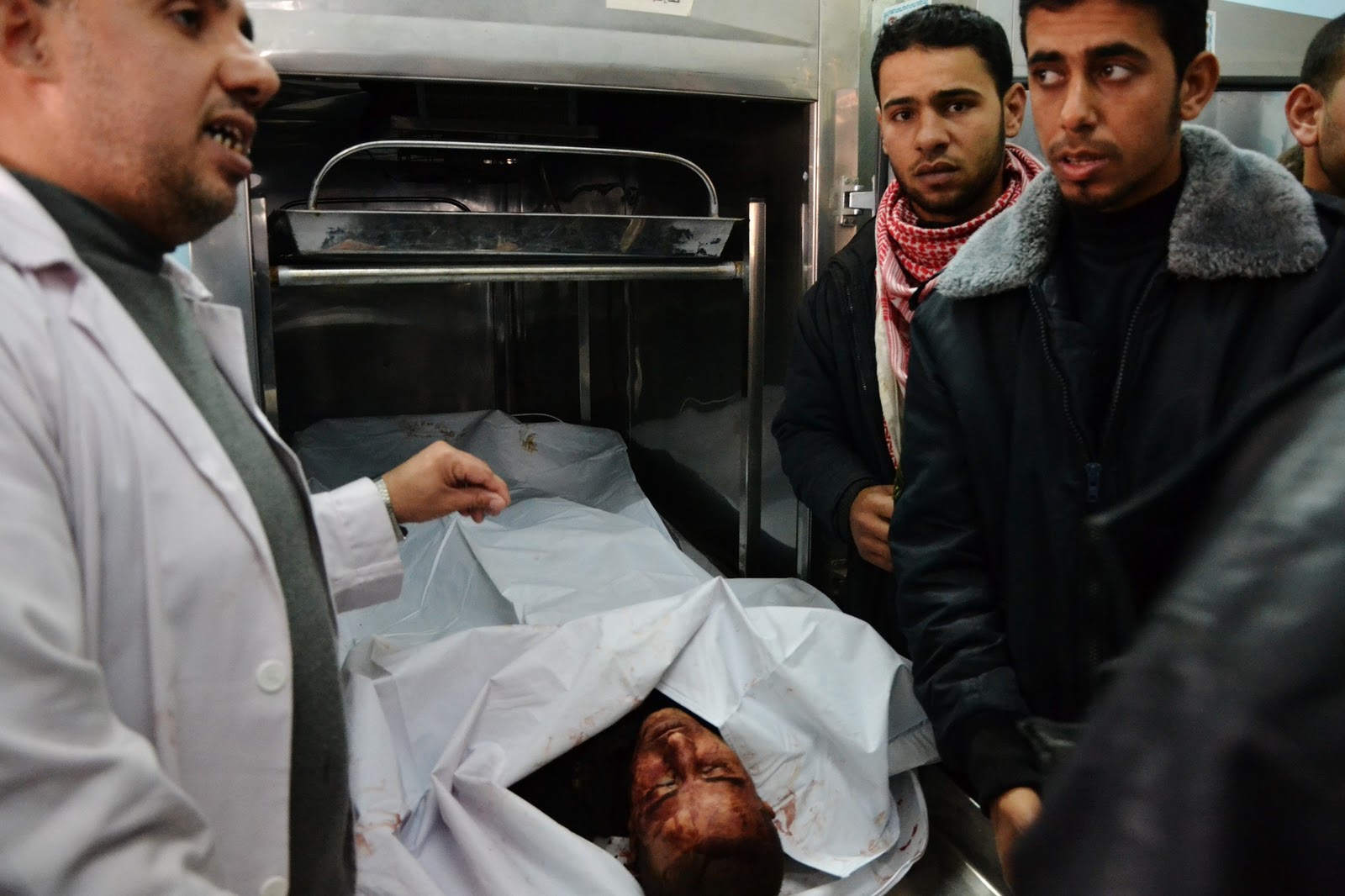-
Live ammunition fired at peaceful demonstrators in Gaza No Go Zone
24 January 2012 | International Solidarity Movement In a peaceful demonstration into the Gaza no go zone that began around 10:30am today, January 24 2012, demonstrators report that at least 50 rounds of live ammunition were fired directly at Palestinian and international solidarity activists. Contact: Nathan Stuckey, International Solidarity Movement activist Phone Number: 00970597650864 Email: GazaISM@gmail.com […]
-
Connect with the Palestinian Students’ Campaign for Academic Boycott of Israel (PSCABI)
23 January 2012 | US Campaign for the Academic and Cultural Boycott of Israel A collective of students in Gaza has formed the Palestinian Students’ Campaign for the Academic Boycott of Israel (PSCABI). These students are seeking to expand their collaboration and participation in events and activities with solidarity activists at international universities. PSCABI members […]
-
2 youth dead in attack on Beit Hanoun, northern Gaza Strip
by Rosa Schiano 22 January 2012 | il Blog di Oliva Israeli Apaches and land forces shelled an area east of Beit Hanoun, in the northern Gaza Strip, on Wednesday morning, January 18 2012. Two young men were killed and another was injured. As we hurried to the scene we met an ambulance driving at high […]
Action Alert An Nabi Saleh Apartheid Wall Arrests BDS Bethlehem Bil'in Cast Lead Demonstration Denial of Entry Ethnic Cleansing Farmers Gaza Global Actions Hebron House Demolition International law Israeli Army Jerusalem Live Ammunition Nablus Ni'lin Prisoner Ramallah Rubber-coated steel bullets Settlement Settlers Settler violence Tear-Gas Canister Video



